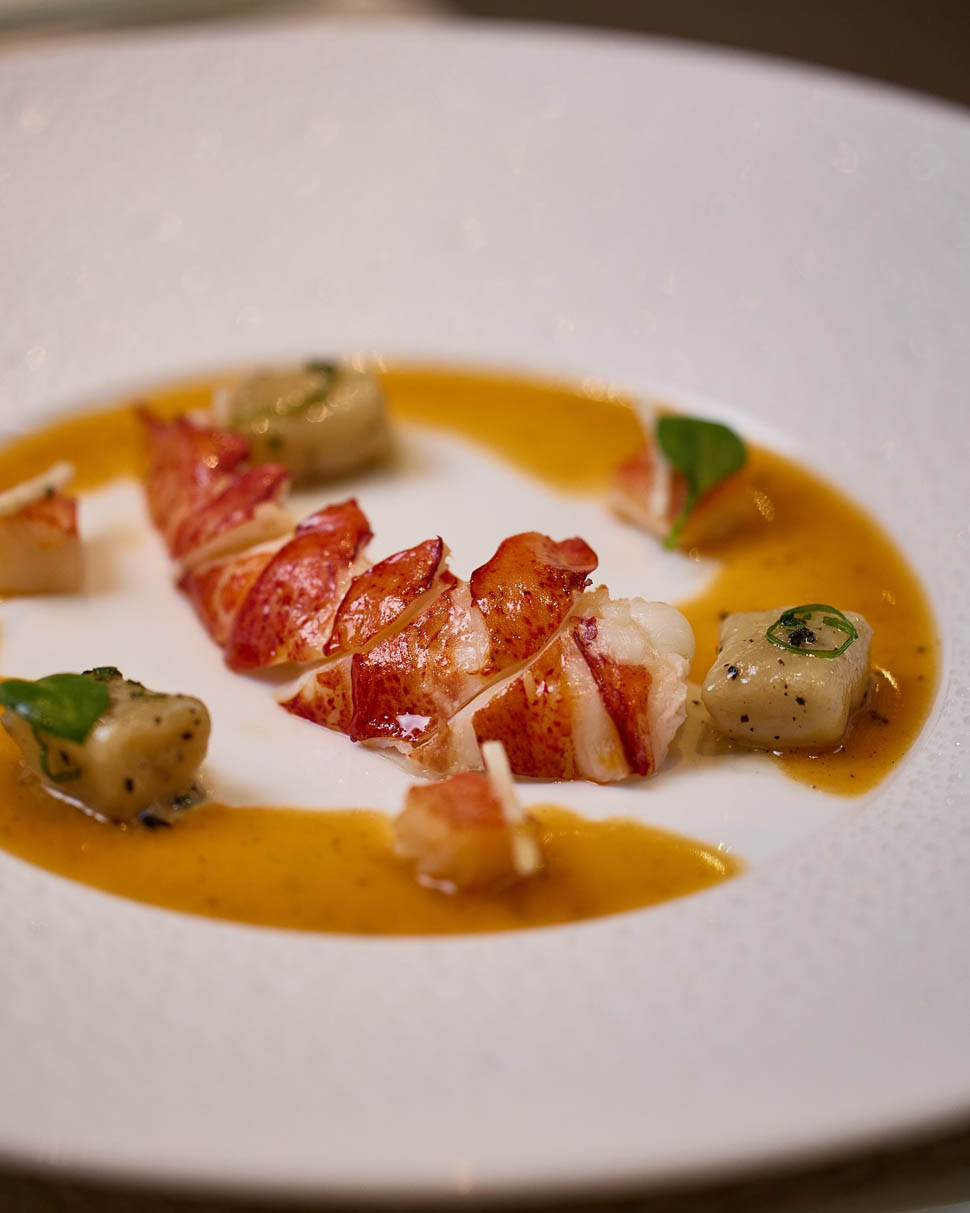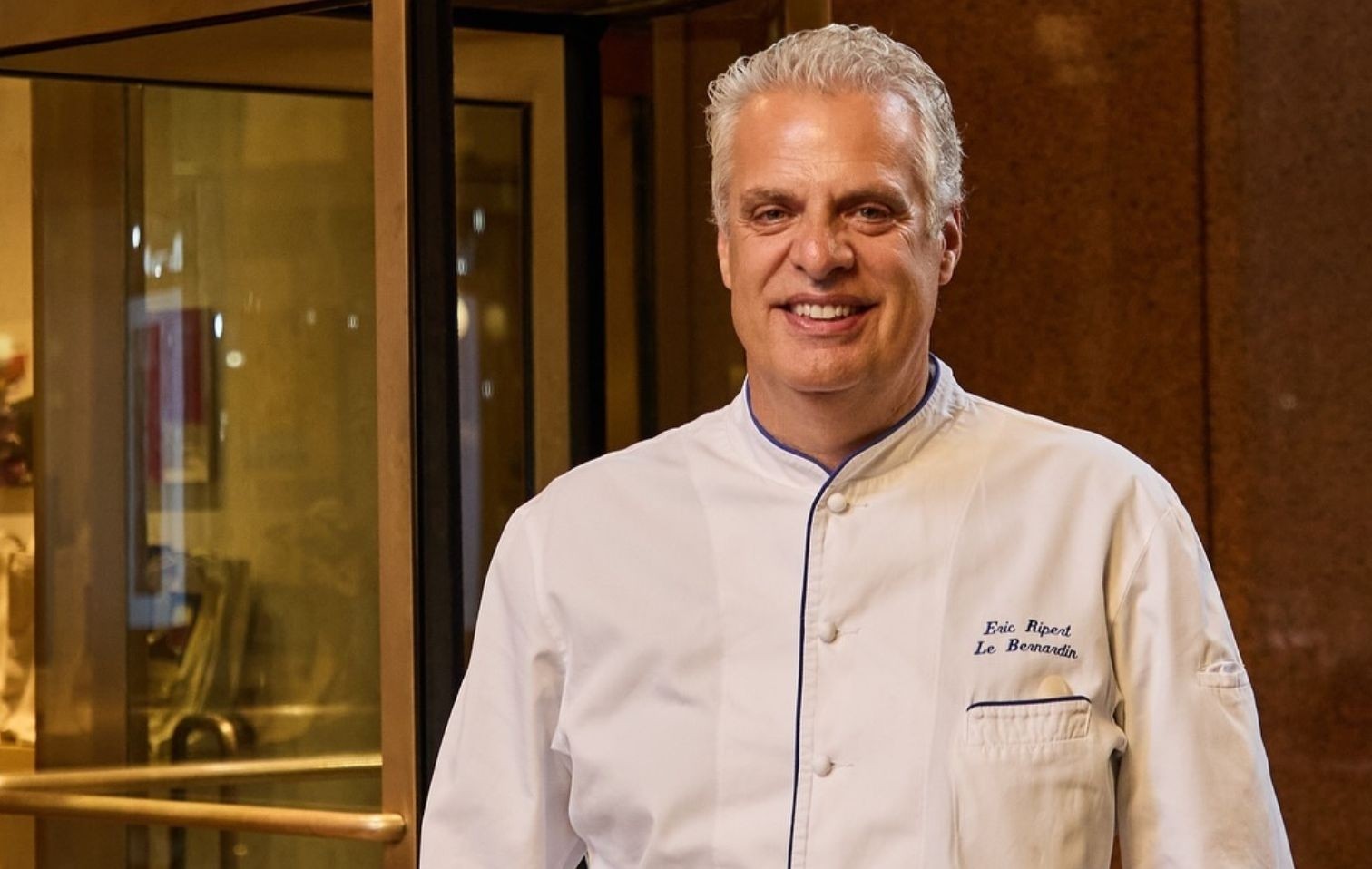In the international culinary scene, few names shine as brightly as that of Eric Ripert. A world-renowned chef, his career has been marked by an unwavering commitment to excellence, creativity, and respect for ingredients. His restaurant, Le Bernardin, located in the heart of New York City, is considered one of the best in the world, but Ripert is not seduced by accolades: for him, the true essence of cooking lies in passion and dedication to teamwork.
From France to New York: a chef's journey
Born in France, Ripert was trained in the French classical school before moving to New York in 1991. There, he turned Le Bernardin into a haute cuisine institution, becoming a benchmark for fine dining lovers. However, for Ripert, success is measured not only by Michelin stars or awards received, but by the ability to evolve and innovate without losing identity.
Innovation and passion: the secret of Le Bernardin
“Restaurants are living entities,” , Ripert told Food&Travel. “They evolve over time and require more than just talent in the kitchen”. The key element is the team, based on respect and sharing a common vision. Innovation, according to the chef, comes from experience and curiosity: traveling, discovering new cultures and ingredients, learning new techniques. But, above all, one should not be obsessed with awards: “We cook for passion, not for recognition”.
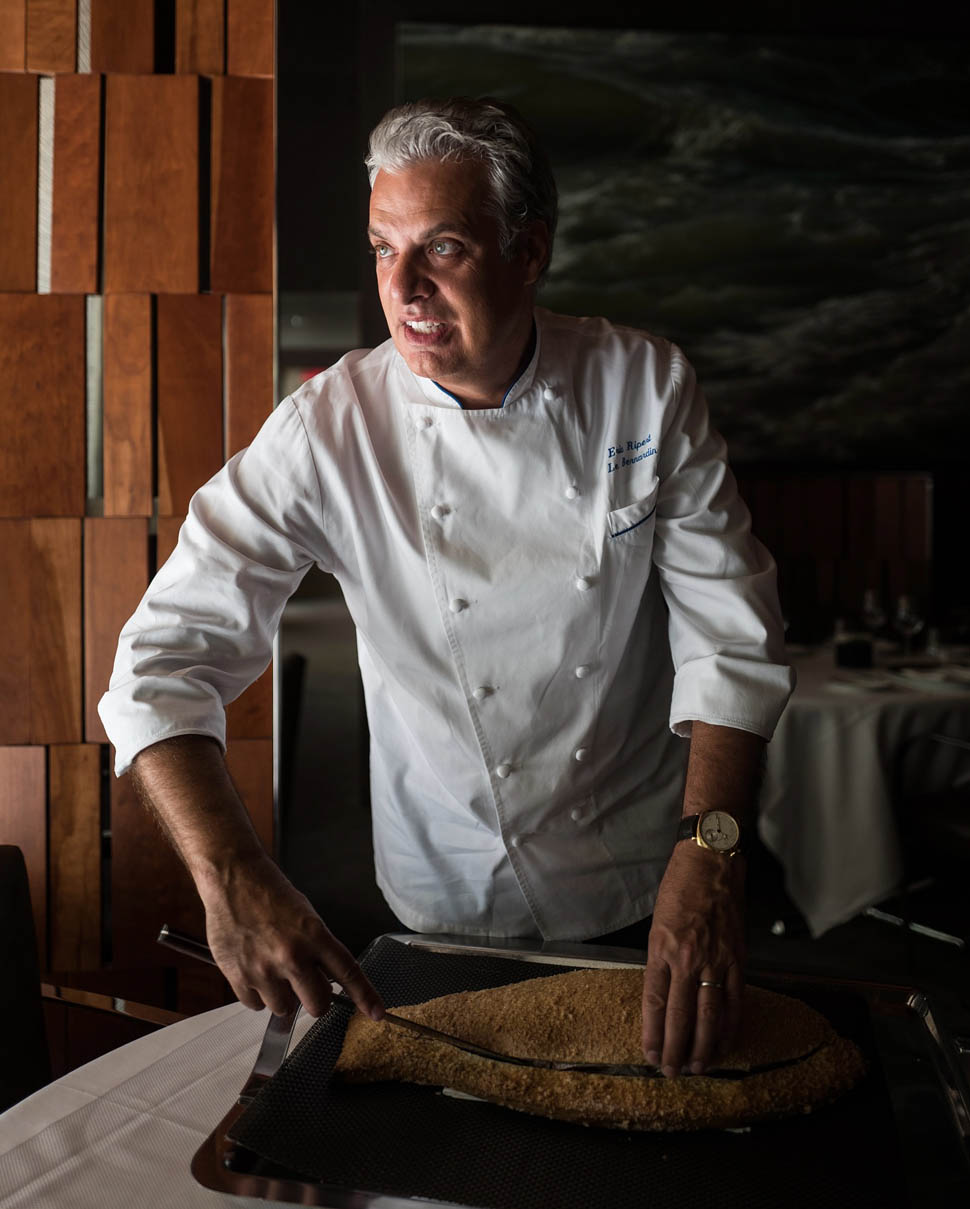
A tangible commitment to sustainability
Ripert places great emphasis on sustainability, especially in the area of fishing, considering that Le Bernardin specializes in seafood. The chef stresses the importance of supporting responsible fishing practices, working directly with small fishermen and avoiding industrial fleets that damage marine ecosystems. “We cannot simply stop eating fish, but we can make more responsible choices.” For Ripert, the gastronomy of the future must be environmentally friendly and conscious of the impact of its choices.
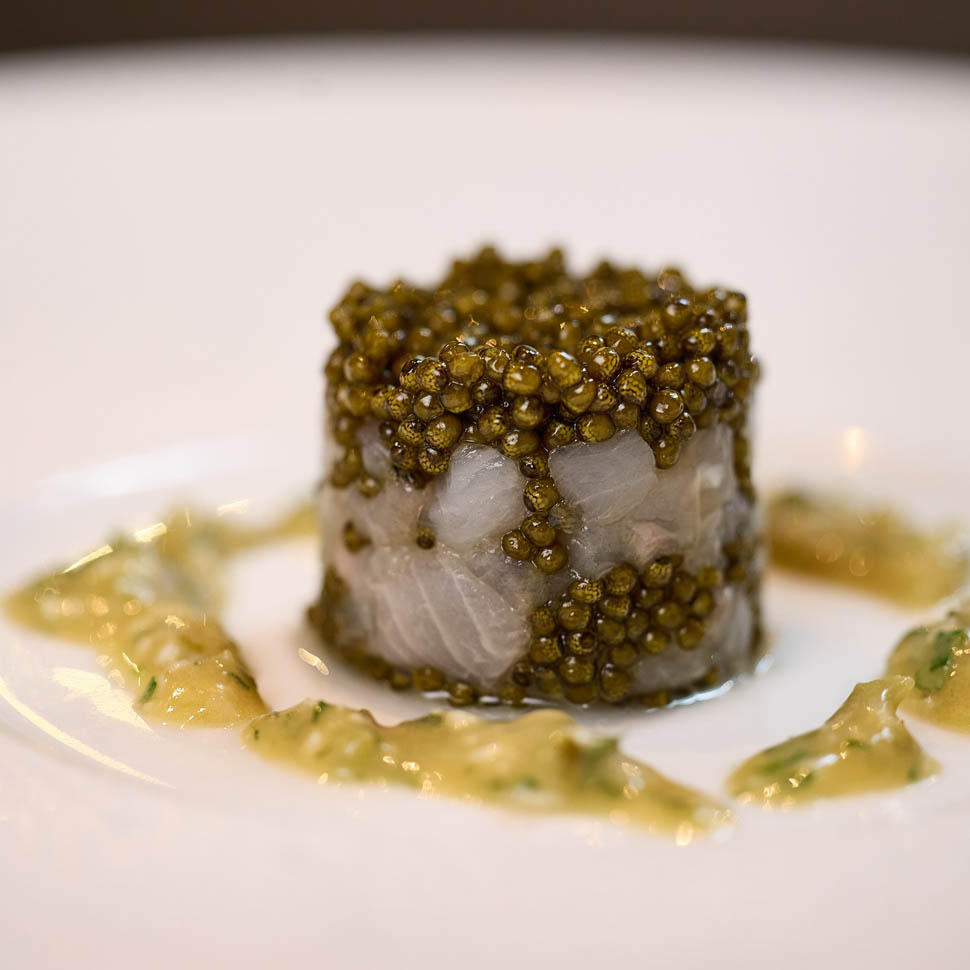
Buddhism in the kitchen: respect and harmony
A practitioner of Buddhism, Ripert also applies this philosophy in his restaurant. “Being present, cultivating respect and gratitude” are principles he guides in managing the team and preparing dishes. Creating a harmonious work environment, without stress or fear, is essential to allow everyone to express their talents to the fullest. This respect also extends to ingredients: “Every product has value and deserves to be treated with the utmost respect.” Among the most important influences in his career, Ripert recalls Anthony Bourdain, with whom he shared travels and moments of gastronomic discovery. “What I admired most about Tony was his curiosity and ability to connect with people through food.” According to Ripert, Bourdain's legacy lives on today, reminding us that cooking is a means of uniting cultures and breaking down barriers.
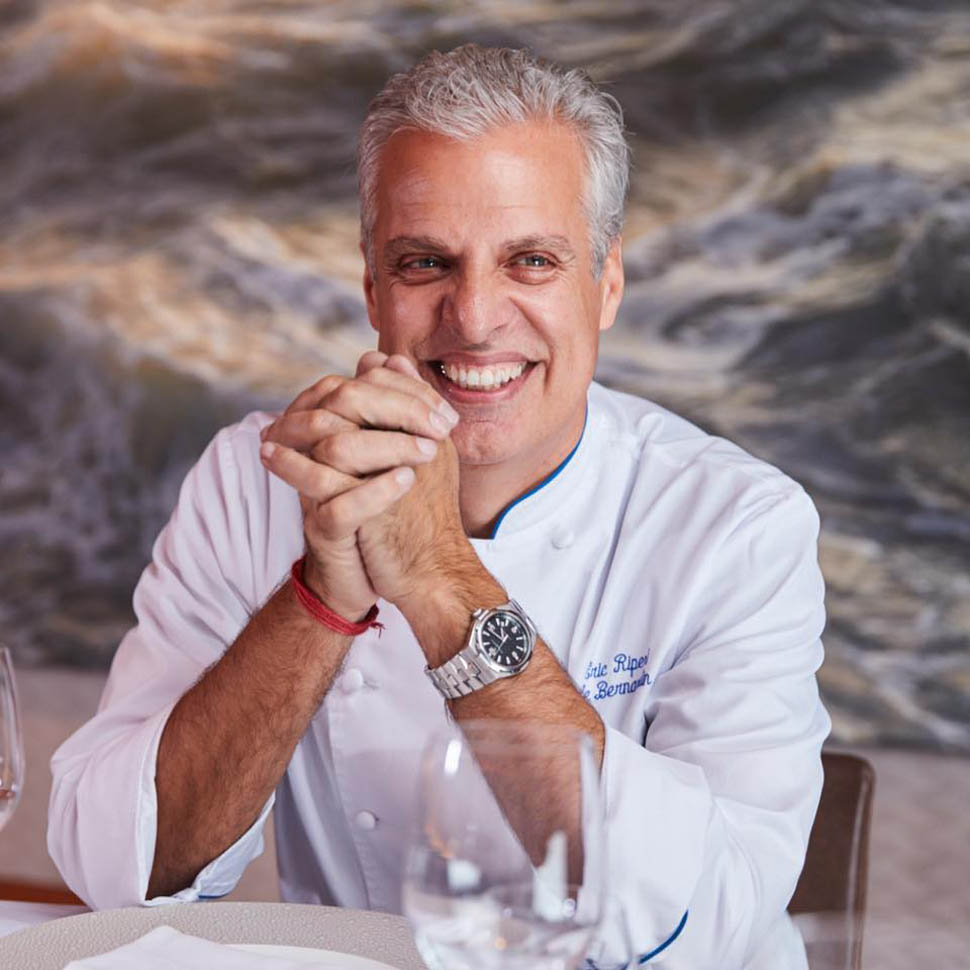
Cayman Cookout: a time for sharing
During the Cayman Cookout 2025, a culinary event of international significance, Ripert reiterated the value of sharing: “It is an opportunity to meet colleagues and enthusiasts, exchange ideas and learn from each other.” Cooking, for him, is not just an individual art, but a way to create human connections.
The future of gastronomy
Ripert urges everyone to value food as culture, identity and community. “We need to be more grateful for the resources we have, and learn to respect them.” His next project, a cookbook inspired by Korean Buddhist monasteries, will explore food as an experience of gratitude and pleasure, without stress or pressure. More than a great chef, Eric Ripert is a thinker and a leader, who sees gastronomy as an act of love and responsibility. His message is clear: “Cooking is not just about mixing ingredients, it's about connecting with the world, with people, and with yourself.” The best chef is not the one who collects the most awards, but the one who understands that food is a bridge to something greater.
